How to get around Japan cheaply
Japan has a reputation for being expensive, a notion that may dissuade some budget travellers from visiting this unique East Asian country. But it's possible to enjoy Japan's bustling cities, ornate temples, zen gardens and world-famous cuisine for less than you might think.
We've put together some key tips for exploring Japan cheaply.
Quick guide to daily costs
Here's a rough guide to daily costs in Japan. As you can see, enjoying this country ‘on the cheap' is just about possible.
Budget/backpacker - £60-£70
Mid-range - £100
High-end - £170+
Transport: opt for the bus
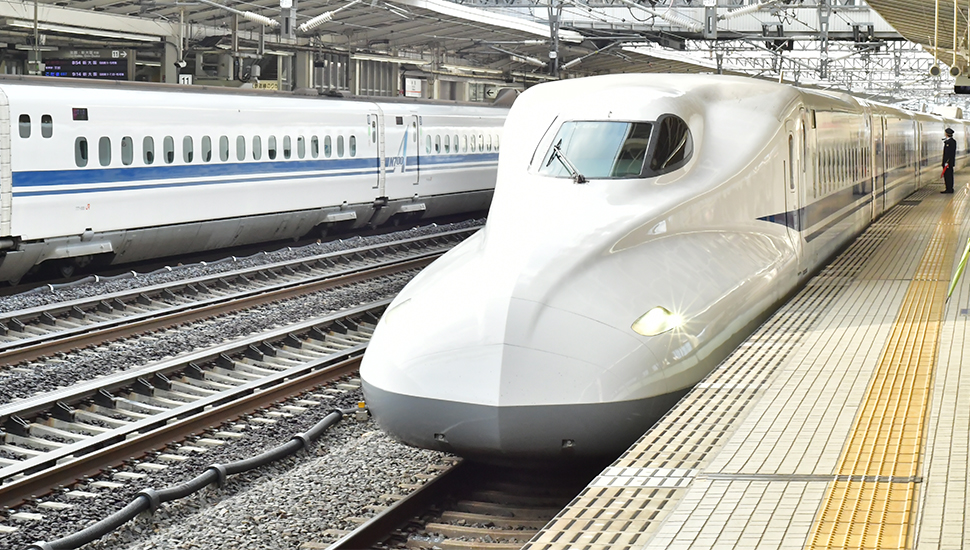
For many people, the idea of riding the Shinkansen across Japan is one of the big-ticket bucket-list things to do. But in truth, travelling by bullet train, as it's otherwise known, is rather expensive. Instead, we recommend using the well-developed coach network. It's cheaper and in many ways more convenient than the nation's trains, which at certain times can become overcrowded.
Japanese coaches are comfortable, modern and well-equipped.
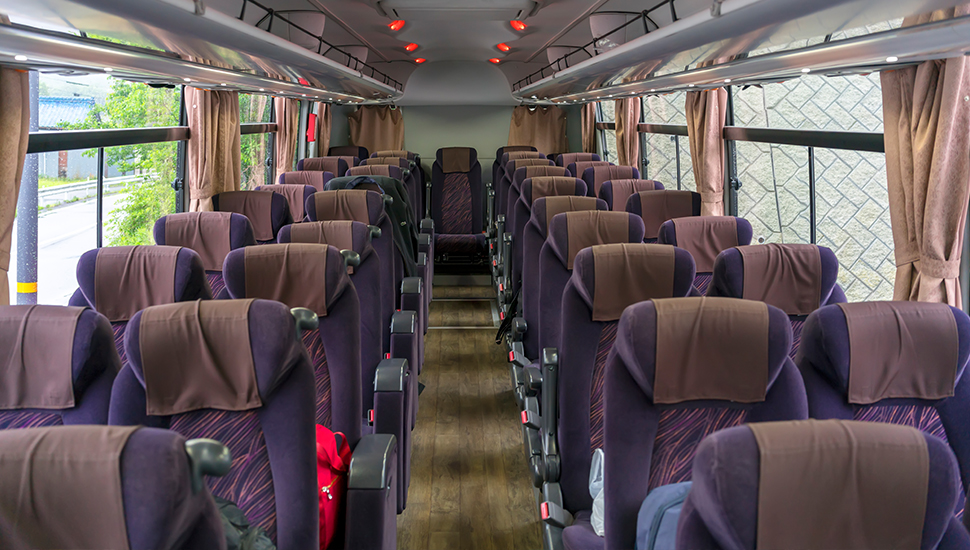
One of the biggest coach firms is the Willer Express, which offers a range of affordable passes. If you plan to travel only Mondays to Thursdays, a 3-day pass costs 10,000 yen (around £78); and a 5-day pass 12,500 yen. If you want to travel on any day, a 3-day pass costs 12,500 yen, and a 5-day pass 15,000 yen. Crucially, these passes can be used non-consecutively within a two-month period - giving you a great deal of flexibility.
Almost every bus firm makes their tickets available on kosokubus.com.
Save a night's accommodation
If you take a night bus across Japan, you'll also save on a night's accommodation.
Japan Rail Pass
As mentioned, a Japan Rail Pass is considerably more costly, at ¥29,000 for a 7-day pass. What's more, the pass must be used consecutively - which makes it tempting to travel a lot in a short period - and making you less likely to stay in one place for very long. The bus gives you the freedom to linger in places you like.
Flying
Just as in the UK, flying around Japan is affordable - much more so than the train. You can pick up tickets for as little as £30 one-way. Peach Air is the chief budget airline in Japan.
The Tokyo metro/transit pass
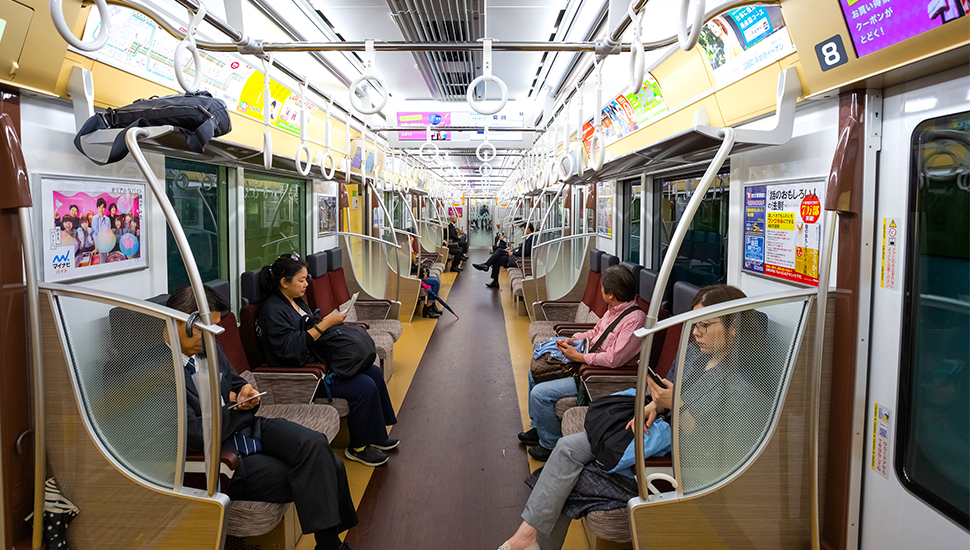
Like most travellers, you'll probably want to explore Tokyo for at least a day or two. The cheapest way to get around is with a transit pass, which pays for itself after just a few metro trips. Buy online to avoid the Japanese-language ticket machines at stations.
Grutt Pass
At just 2,000 yen (£16), the Grutt Pass is a wise investment. It gives you access to 80 galleries, museums, and a variety of other attractions. If you're into science and history, visit the National Museum of Nature and Science. If you want to immerse yourself in Japan's high-tech wizardry, be sure to go to the National Museum of Science and Innovation, where you'll see robots and other high-tech wizardry for which the country is so famous.
If contemporary art is your thing, head to the MOMAT, while the Edo-Tokyo Museum covers the fascinating Japanese Edo period.
In a country where attractions can be costly, the Grutt Pass gives you many options at no extra cost.
You can purchase a Grutt Pass from tourist information centres in Tokyo and other cities.
Budget food
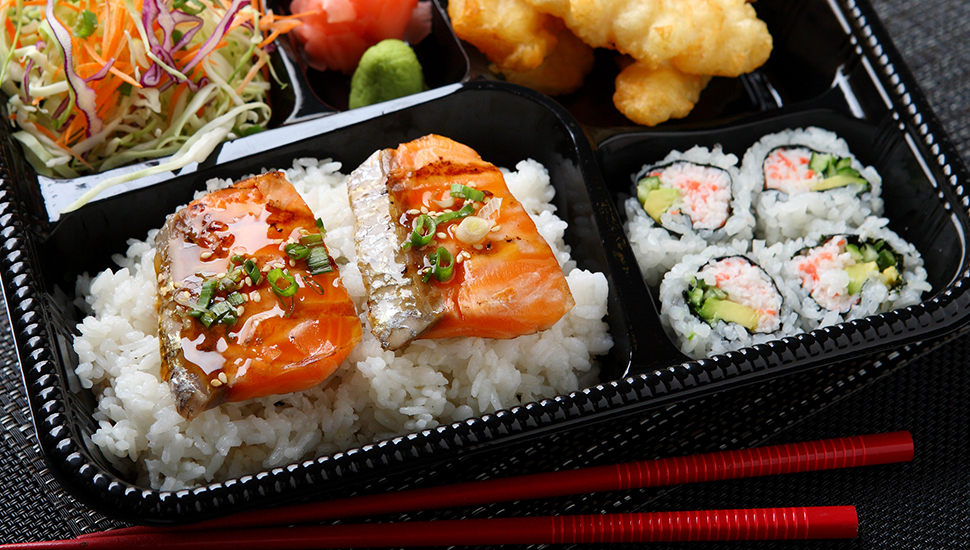
Fast food in Japan is not of the burger-and-fries variety you get in the West - it's actually very fresh, appetizing and of course, cheap. Think steaming bowls of miso soup, dumplings and simple rice dishes, for about 130 yen (£1). More substantial meals cost from 300 to 600 yen - and include dishes such as Japanese-style burgers (with rice "buns"), Japanese curries and star-shaped donuts (from Mister Donut).
"Button" restaurants are another low-cost option. It involves ordering a dish from a machine (with photos of each option), then taking the receipt to the cook who will make your dish. These meals cost around £4 - which by UK standards is a great deal.
Grocery store meals
You can also grab cheap (but tasty) food from grocery stores, which sell noodles, udon, sushi and bento for around £1.50 per dish. Ideal for eating in parks or other public spaces - and generally cheaper than a restaurant.
Conveyor-belt sushi
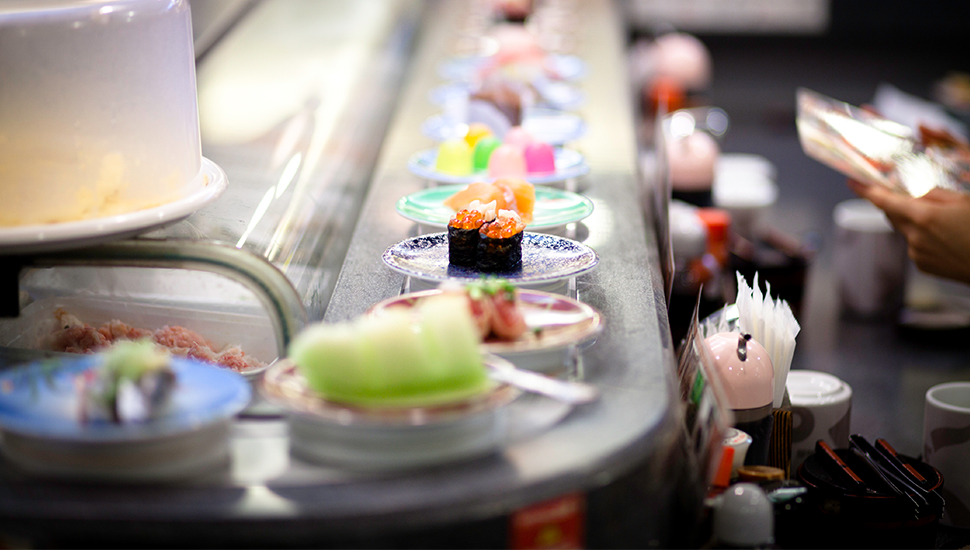
At under £1 per dish, conveyor-belt sushi restaurants offer superb value - while giving you the chance to experience quintessentially Japanese dining. It's also a great way to enjoy the company of ordinary working Japanese.
Markets and street food
Japan may be one of the most high-tech nations on earth, but they still love their low-cost street food. Quick bites cost as little as 130 yen, and it's another chance to live like the locals do.
Accommodation
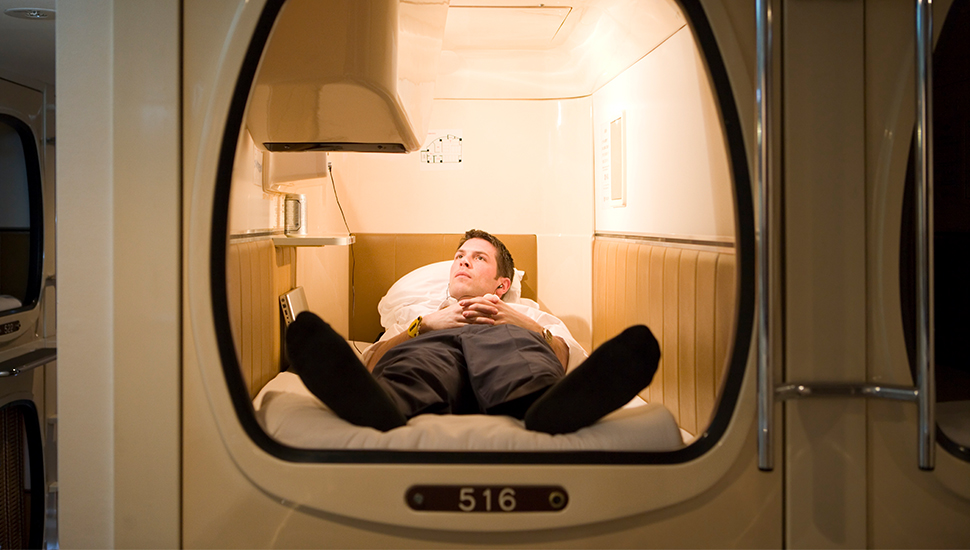
If you don't do your research, you could end up blowing much of your budget on accommodation. But there are plenty of affordable options - particularly on Airbnb and HotelsCombined. In Tokyo, it's a good idea to stay in tourist areas like Shibuya and Shinjuku, which despite being world famous have some low cost Airbnb options. You may be able to bag an entire apartment for £100 or less.
Hostels
If you're travelling solo, you might opt for a hostel, which average £30-£40 per night. This is a little more costly than a UK hostel, but there are options for as little as £15 per night - if you shop around.
Couchsurfing
If you enjoy meeting new people and aren't too fussy about where you sleep (it could actually be a couch), you could try couchsurfing. Japanese hosts are often keen to meet foreigners and practice their English. And in case you don't know, Couchsurfing is free.
Get a Quote